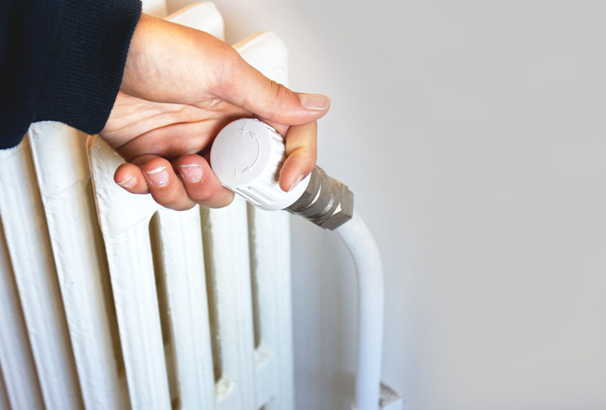Ductless air conditioning systems are widely popular among homeowners in the United States. Ductless systems are called ductless mini-splits or ductless heat pumps and are proven to be highly efficient, durable, and quiet. Although ductless heating and cooling systems heat rooms evenly at a lower cost, there are still many misconceptions associated with them.
Efficiency is calculated by dividing the cooling output divided by the electric input. Once you calculate the air conditioner’s efficiency for a whole season, you will get a Seasonal Energy Efficiency Ratio (SEER). A SEER rating must be around 20 or more.
Are Ductless Systems Efficient?
Ductless systems generally use 25-50% less energy than electrical zonal heaters, including baseboard, wall, ceiling heat, or electric forced-air furnaces. The most common factors that contribute to the efficiency of ductless systems are:
1. They allow you to control each cooling and heating area independently, meaning that you will no longer need to pay to heat or cool unoccupied rooms. Your energy costs will significantly decrease when using ductless systems.
2. Central air systems typically lose up to 30% of their efficiency through conduction in the ductwork or air leaks. Compared to them, ductless systems distribute the heat directly to a specific zone, resulting in 25% greater efficiency. Additionally, they use inverter-driven variable speed compressors, allowing the ductless system to keep constant indoor temperatures by running continuously at higher or lower speeds. So, the system can ramp up or down without suffering significant losses in operating efficiency.
3. Typically, modern ductless systems have extraordinary SEER ratings between 16 and 22. Also, their heating seasonal performance factors (HSPF) range from 9 to 12 or even greater.
Ductless Systems vs. Ducted Systems
You may wonder if there are any differences between ductless and ducted systems. Here is what you should know:
Costs
Although a new ductless system may seem expensive upfront, the cost-saving during the lifespan of the ductless system is more significant. Recent studies have shown that ductless systems can save you around $1,000 to $2,000 every year in running costs compared to ducted systems.
Safety
While others may suggest that ductless heat pumps are perfect for bacteria and allergens to develop, they are actually much cleaner than ducted systems. Ducts can host pollutants like mold, fungi, bacteria, insects, or critters. Moreover, ductless systems have ionizers and filters that clean out the dust particles and allergens while maintaining optimum efficiency.
Usage
Some people believe that ductless systems are suitable only for new homes—this is false. Ductless systems are also recommended for older homes. As for ducted systems, you will need to install ductwork. When installing a ductless system, you will only need a 2-inch hole in the wall. Companies such as Aquarius Home Services offer all types of services for ductless systems.
Longevity
Some may think that ductless systems have a shorter lifespan than ducted systems, but you just need to perform regular maintenance. Most manufacturers provide warranties up to 12 years in some cases.
Additionally, it is believed that ductless systems don’t work correctly in the cold, but they work perfectly at temperatures as low as 0o F in the daytime. But you will need to properly seal your home, to prevent a cold draft from coming in.
A great advantage to installing a ductless system is that more and more utilities are now offering rebates on ductless heat pump purchases.








